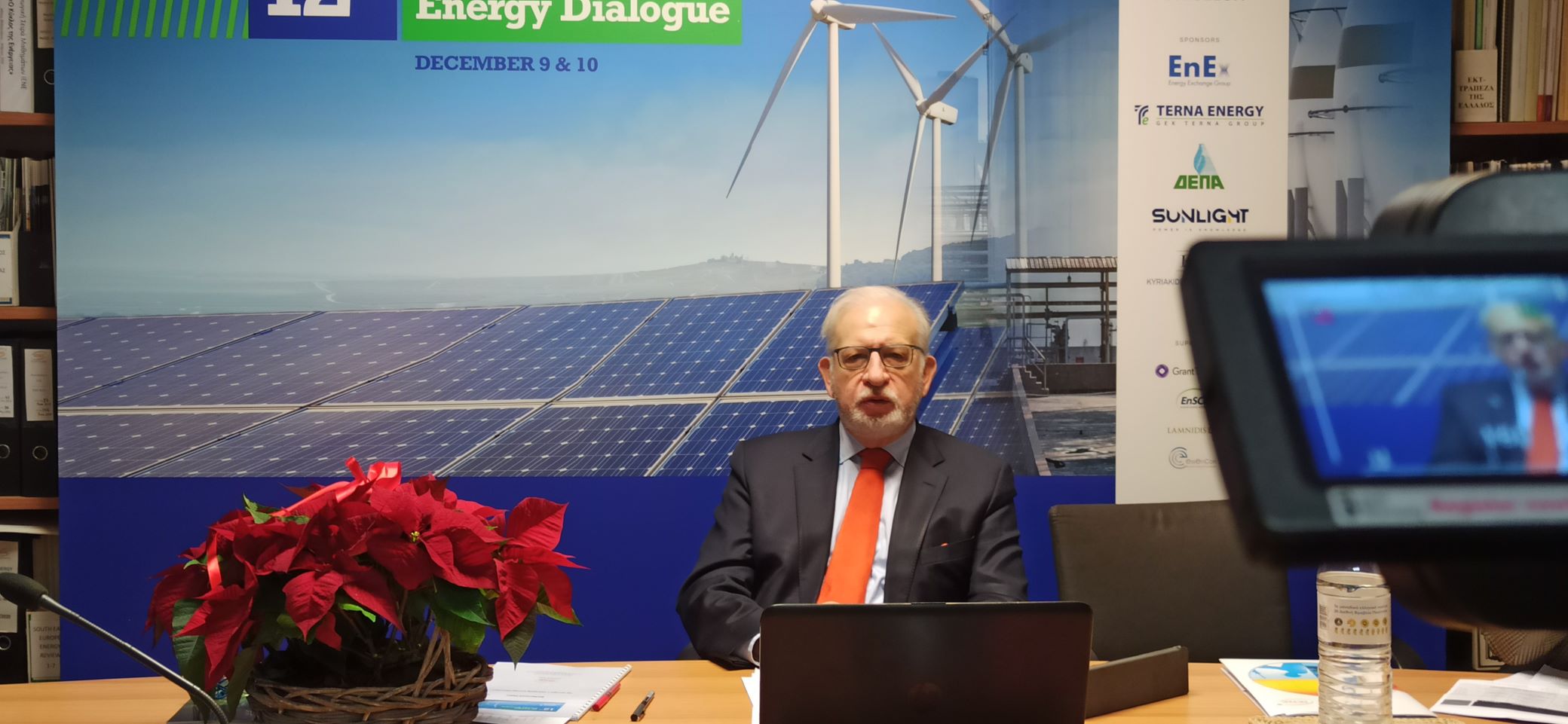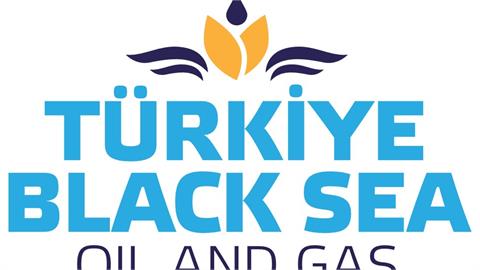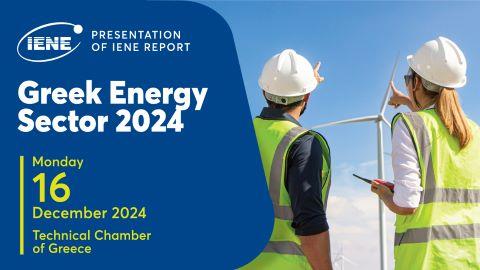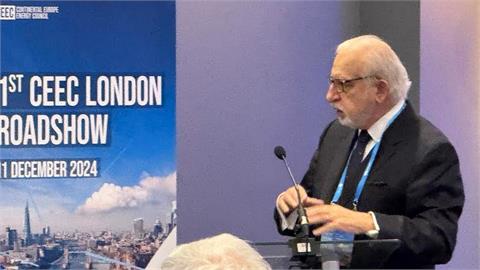Speaking at the opening of the 12th SE Europe Energy Dialogue, IENE’s Chairman, Costis Stambolis, made reference to the effort made by the Institute to encourage the discussion and exchange of ideas in the energy sector in the broader SEE region.
"In our work here at IENE”, said IENE’s Chairman, "we are greatly encouraged and assisted by the broad group of colleagues from all countries in the region, especially after the Institute's October 21st General Assembly when we welcomed 12 colleagues as full partners in our Institute. This is a step of major importance for the Institute, which has been in the making for sometime, and hence I wish to extend a warm welcome to all new IENE partners from Albania, Kosovo, Montenegro, Croatia, Bosnia Herzegovina, Serbia, North Macedonia, Romania, Bulgaria, Turkey, Israel and Cyprus.”
IENE’s Chairman then made reference to June 2018, "when the last Energy Dialogue meeting took place in Thessaloniki and the previous one was held in Belgrade in June 2017. "Since then”, noted Stambolis "considerable progress has been achieved in different fronts, both at political and energy level. At political level, we have the full normalisation of relations between Greece and Northern Macedonia following resolution of a 25-year rivalry over national histories, an appeasement between Serbia and Kosovo following the signing of an economic normalization agreement in early September this year and the further economic and political integration of West Balkans with the rest of Europe.”
"At the same time, we had growing tensions between Greece and Turkey over migratory flows and the delineation of sea zones, and between Turkey and Cyprus over drilling rights. Just to remind us that the region is no stranger to territorial tensions which appears to be a common currency over the last century. Hopefully, such issues will soon be resolved, as others have in the past, and all countries will find their pace towards further economic growth and social development. As latest figures suggest, all countries in the region without one exception managed to recover following the 2008/2009 global economic crisis returning to net economic growth, for this only to be reversed following the current coronavirus pandemic. Again, the region is no stranger to adversity and without any doubt it will again manage to return to normal living conditions.”
"As far as energy is concerned, the achievements overthe last 2 years have not been insignificant. On the supply side, we had the completion of really major infrastructure projects, including the TANAP-TAP gas pipelines, the Turk Stream gas pipeline, the arrival of the new FSRU gas terminal at Krk in Croatia, the promotion of several sea electricity interconnections in Greece, including the Peloponnese-Crete one (originally conceived back in 1985), the start of construction of the Greek-Bulgarian gas interconnector, the start of construction of Turkey's first nuclear power complex in Akkuyu, the completion of several wind farm and photovoltaic projects in West Balkan countries but also in the rest of the region, and the setting up of the SE Electricity Network Coordination Centre in Thessaloniki, which brings together several of the region's electricity transmission operators. We also had some major gas finds in the Turkish sector of the Black Sea and offshore in Cyprus and Egypt. In addition, we have been witnessing further electricity and gas market integration across the region as markets eventually open up to free competition, where energy exchanges and gas trading hubs are playing an increasingly important role.”
Last but not least, we have made important strides in terms of energy policy following the completion by the EU member countries in the region of their Climate and Energy Plans; thus, setting binding commitments for lowering GHG emissions and for achieving much higher RES penetration and hence implementing Energy Transition goals in the overall effort to mitigate Climate Change effects. The above, and a lot more which have either escaped my attention or simply cannot be covered in this short introduction, will be presented in the 2 days of active energy engagement which awaits us.”




